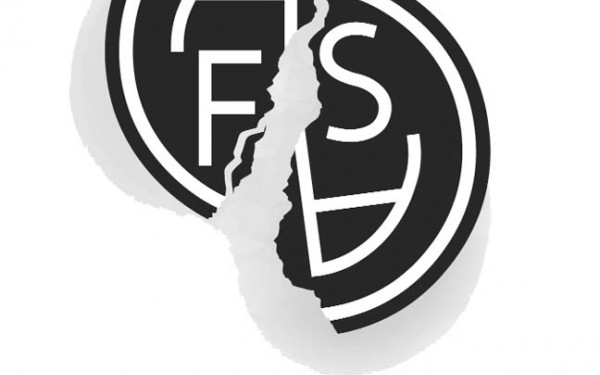ASFA Clashes with Math Students Association
MASSA’s Fight for Independance Continues
“Unfortunately, we’ve come to an impasse,” said Arts and Science Federation of Associations VP Financial Alexa Newman. “I don’t want to kick out math students, but we haven’t been able to make a resolution. Either way, our bylaws need to change, or theirs do, or we don’t accept them as a member association.”
This was the discord in discussion at the Arts and Science Federation of Associations Council meeting last week, as conflicting bylaws remain at the centre of a dispute between ASFA and the Math and Statistics Student Association.
MASSA is actively seeking accreditation to become legally recognized by the Quebec government as a corporation. Their students voted overwhelmingly in favour of this process at the beginning of the month.
At the Thursday meeting, a closer inquiry into the new MASSA bylaws, specifically concerning their financial relationship to ASFA, was discussed for over an hour before being motioned back to yet another assessment from the policy review committee.
“I agree that the bylaws conflict on some points, but at the moment I think this is made out to be a much bigger issue than it really is,” said Bruno Joyal, a MASSA executive at the forefront of the push for accreditation.
“Although we are challenging the bylaws, we’re doing it in a constructive way that might just make ASFA a better and stronger organization if the challenge is taken up,” he continued. “I think that a constructive endeavor would be a better thing to do than just kick MASSA out of ASFA, which I think is radical and unnecessary.”
On Feb. 8, the math students passed two motions at a special general meeting, one to recognize the new non-profit as the association and approve its new bylaws, the other to suspend the financial policy until it is reviewed.
Specifically, section 3.1 and 3.2 in their financial policy are at the centre of the disagreement, as it reads that MASSA “shall adhere to the financial policy set forth in Annex B of the ASFA bylaws, except for these policies that contradict the present bylaws or the Companies Act, or that prevent the association from conducting its affairs.”
“To me, that’s a notwithstanding clause,” said VP Internal Nicole Devlin. “That means they don’t want to go by the rules, so do you guys [council] want to accept that? Do you want a member association on ASFA that doesn’t have to obey the rules that you do? I just want you to think about that; should an association have special privileges over the others?”
Well into their accreditation process, the clash between executives was complicated further when members of the ASFA exec began questioning MASSA’s referendum process.
At the meeting, an email to Newman from two students complaining about the procedure was passed around council—with their identities blacked out. Newman also asked Joyal for the ballots to see voter documentation and the sign-in sheet from the SGM, which he—and his accreditation agent—refused to disclose.
Though a hard stand was taken by the ASFA executive, the councillors in attendance expressed an interest in moving forward “through the right channels.”
Melanie Hotchkiss, an MA from the School of Community and Public Affairs, was eventually appointed to the policy review committee, who were mandated to meet by April 7—a week before the next council meeting.



__600_375_90_s_c1.jpg)
